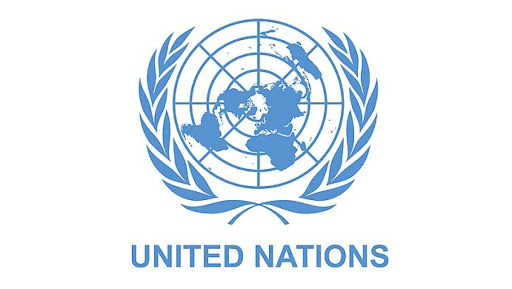NEW DELHI: In response to India's decision to suspend the Indus Waters Treaty (IWT), Pakistan has formally urged New Delhi to reconsider, citing the treaty’s critical role in supporting millions of livelihoods dependent on the regulated waters.
According to sources, the appeal was made through a letter from Syed Ali Murtaza, Secretary of Pakistan’s Ministry of Water Resources, addressed to India’s Jal Shakti Secretary, Debashree Mukherjee. While the letter conveys concern, its tone is far from conciliatory. Pakistan labeled India’s move as “unilateral and illegal,” and equated it to an “attack on the people of Pakistan and its economy.”
Timing Heightens Tensions
The letter is believed to have been delivered during Operation Sindoor, adding a layer of diplomatic complexity to the already tense situation. India, however, has refrained from officially responding to the appeal. Government sources indicated that the decision—made by the Cabinet Committee on Security on April 23—remains unchanged. The move was reportedly a response to the killing of Indian tourists in Pahalgam, which India has linked to cross-border terrorism.
When questioned, officials pointed to Prime Minister Narendra Modi’s recent address, in which he stated, “Blood and water cannot flow together.”
Treaty Suspension and Strategic Justifications
India has rejected Pakistan's claim that suspending the treaty is unlawful. Officials assert that the Indus Waters Treaty includes provisions for reconsideration under significantly altered circumstances—circumstances they argue have now materialized due to Pakistan’s continued use of terrorism as a tool against India.
“The treaty was created in a spirit of goodwill and neighborliness. Despite its flaws and its bias against Indian interests, we upheld it for decades. But Pakistan’s unwillingness to act against terrorism undermines the foundation of the agreement,” a senior official said.
Additionally, evolving realities such as climate change and the need for updated infrastructure have further necessitated a reassessment of dam and reservoir design—another justification under the treaty for re-evaluation, according to senior sources.
Water Flow Disruptions Affecting Pakistan
In recent days, India has carried out routine flushing and desilting operations at two run-of-the-river hydroelectric projects—Baglihar and Salal—on the Chenab River in Jammu and Kashmir. These actions have caused downstream flow disruptions, impacting Pakistan just ahead of its critical sowing season.
With the treaty in suspension, India is no longer obliged to share data on water releases or gate operations with Pakistan. As a result, the unpredictability in water flow has begun to affect agricultural planning and irrigation in the neighboring country.




